New products
-
Fragrance World La Vida Es...€18.90 PriceFragrance World Shalina...€19.90 PriceFragrance World Intense...€23.90 Price
-
Fragrance World Sedley EDP...€18.90 PricePre-orderFragrance World Midori EDP...€18.90 PriceFragrance World Bubbly EDP...€21.90 Price
-
Pendora Scents Projekt...€22.90 PriceFrench Avenue Pinnace Noir...€41.00 Price
Perfumes.. a bit of history from ancient Egypt to the present day
Perfumes have always been part of men's lives, since the dawn of time, the etymology of the word perfume is Latin, per fumum which literally means through smoke, yes because the first aromas were obtained from burning wood, incense, spices used as an offering to the gods or in remembrance of loved ones who have passed away.
Through the smoke obtained from the burning of incense and oils, prayers would reach heaven, hence the sacred meaning of perfume, which allowed a union between earth and sky, between men and gods.
The first real perfumed blends arrive from the Middle East to the West through the military campaigns of Alexander the Great and the flourishing of trade with Arab merchants.
But the history of perfumes is even older, with a meaning between the sacred and the profane, the art of perfuming dates back to 3000 BC, times in which the ancient Egyptians used perfumed mixtures both as a tool to unite, get closer to the divinity, in religious rituals, or in embalming, but above all in a profane key; Women had the habit of covering themselves with perfumed ointments and balms to seduce their lovers, and the pharaohs had the Kyphi made, a compound of sixteen materials including honey, resin, myrrh, rosewood, cardamom and other spices to make an ointment that was used to relax, induce sleep, or to improve physical performance.
Even the Romans were dedicated to the use of perfumes, ointments and balms that they used to use on the day dedicated to the baths, Roman women on the other hand, used to wear perfumed flowers in their hair, or insert a mixture of herbs and flowers into their hair that with the heat it would melt and release an intense perfume.
An important moment of innovation for the history of perfume occurred in the Middle Ages, with the discovery of alcohol distillation, perfumes in oil were no longer the only option, so much so that the first fragrance was created, created especially for Queen Elizabeth of Hungary on the notes of rosemary and lavender.
In the Renaissance the distillation process was further refined and improved, and the search for materials had new impulses, raw materials such as cinnamon, vanilla, cocoa, pepper, tobacco began to be used, the first compound fragrances were born, with more marked distinctive notes. In 1828 Guerlain opened his first perfume house in Paris, becoming "His Majesty's Official Perfumer". He created the first Eau de Cologne Impériale for the Empress Eugenie, wife of Napoleon III; In the same years, the German chemist Friedrich Wöhler marked another major turning point in the history of perfume with his innovative synthesis process, which led to the definitive replacement of natural perfume.
The study and research on perfumes became more and more assiduous, so much so that the London perfumer Rimmel, deemed it necessary to divide the aromas into 18 groups, to classify the various notes more easily.









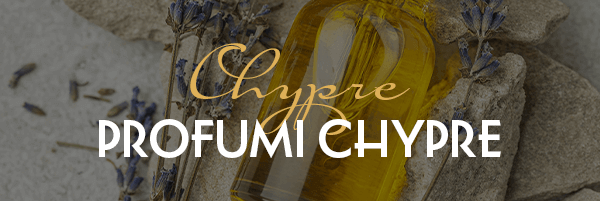
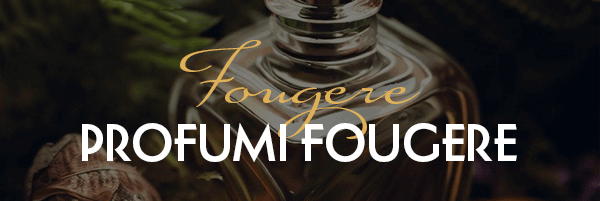
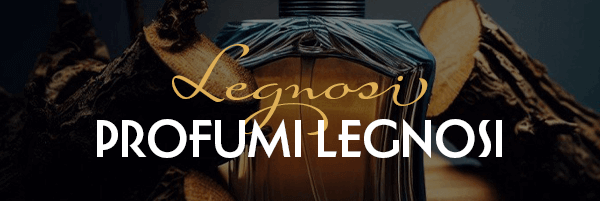
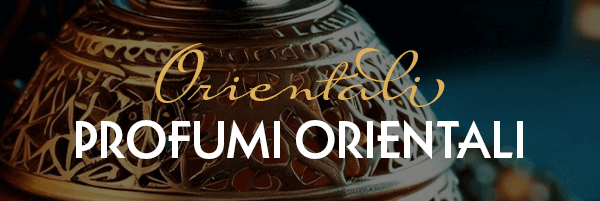
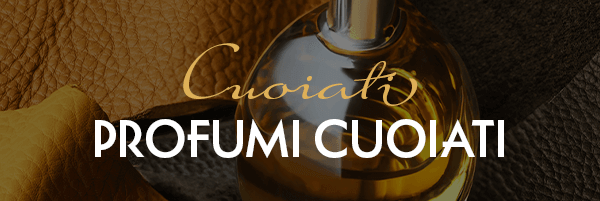


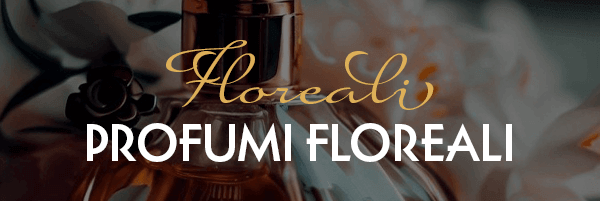
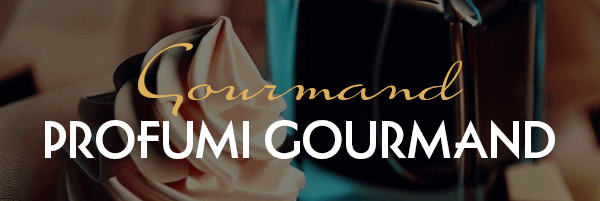
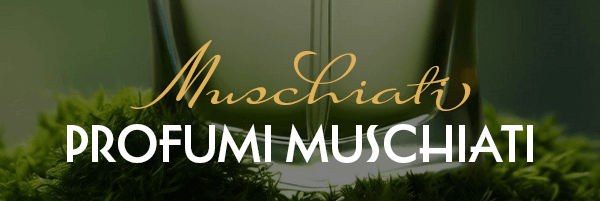
 Italiano
Italiano English
English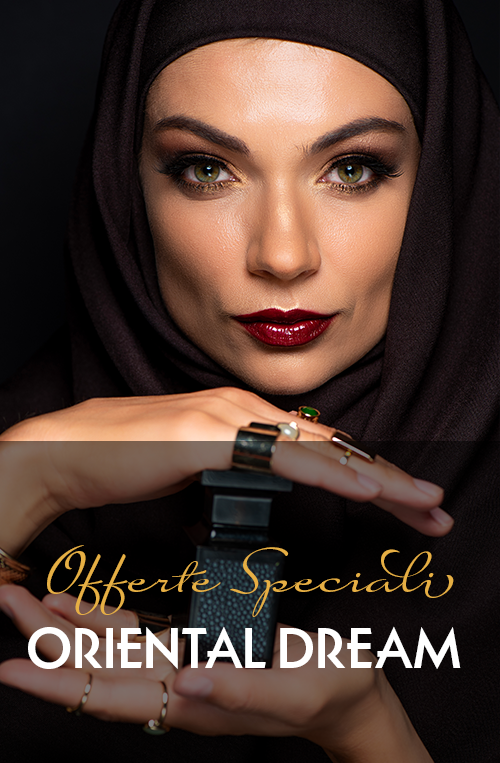











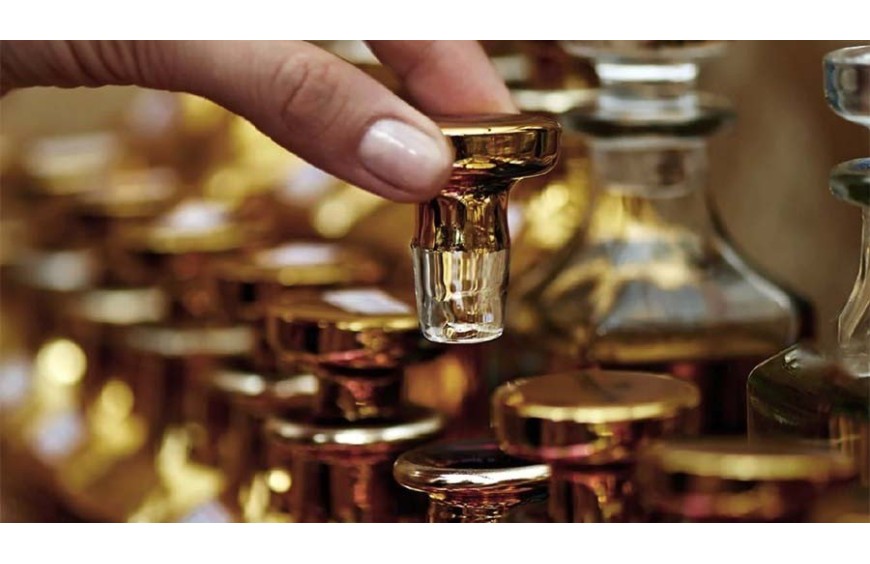
Leave a Reply Cancel Reply